Musty or sewer-like basement odors can make your home unpleasant and signal issues like moisture or plumbing problems. Quick solutions, such as using natural odor absorbers or flushing drains with vinegar, can neutralize smells fast, restoring freshness. This guide dives into expert techniques to eliminate basement odors and prevent their return, ensuring a clean, healthy space that invites you to keep reading.
Why Basements Develop Odors
Basements are prone to odors due to their below-ground location, limited airflow, and high humidity. These conditions foster mold, mildew, and bacterial growth, releasing foul smells. Sewer gases from dry or clogged drains can also infiltrate, creating health risks like respiratory irritation from mold spores or exposure to harmful gases. Identifying the cause—moisture, plumbing issues, or organic decay—is key to effective odor elimination.
Common Sources of Basement Odors
Excess Moisture and Mold
High humidity from poor ventilation, leaks, or seepage promotes mold and mildew growth. These release musty odors as they thrive on damp walls, floors, or stored items in cool, dark basements.
Plumbing and Sewer Problems
Dry P-traps in unused drains or fixtures allow sewer gases to escape when the water seal evaporates. Clogged drains trap organic matter, fostering bacterial decomposition and foul smells. Unsealed sump pumps or damaged sewer lines worsen the issue.
Other Odor Sources
Stagnant water in appliances, pet waste, or pest droppings contribute to organic decay odors. Poorly waterproofed walls let external moisture seep in, compounding humidity-related smells.
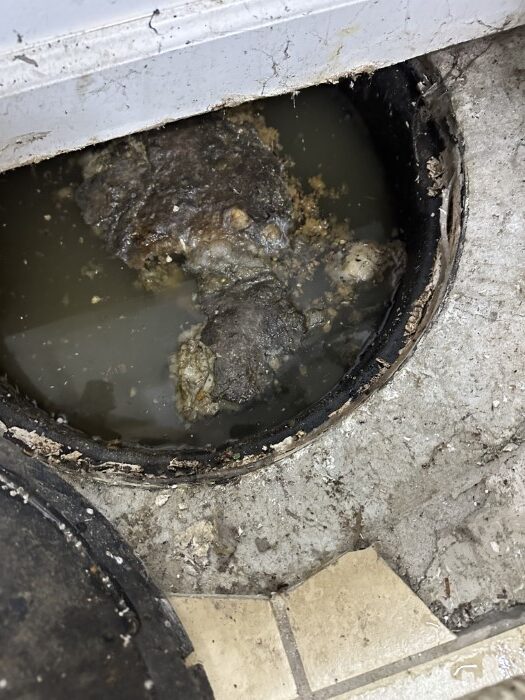
DIY Odor-Neutralizing Methods
Tackle mild odors with these safe, cost-effective techniques you can do at home.
Natural Odor Absorbers
Place bowls of baking soda, activated charcoal, or white vinegar in the basement to neutralize and absorb odors. These natural agents break down odor molecules without harsh chemicals. For example, baking soda’s alkaline properties counteract acidic smells, while charcoal traps airborne particles.
Drain Cleaning Techniques
Clear drain grates of debris and scrub with a 1:1 water-vinegar solution to disinfect. Pour boiling water mixed with vinegar down drains to dissolve light buildup, followed by a cup of baking soda for a fizzing reaction that clears minor clogs. For dry P-traps, add a tablespoon of mineral oil to slow water evaporation and maintain the seal.
Ventilation and Humidity Control
Open windows and use fans to improve airflow, reducing trapped moisture. A dehumidifier set to maintain 30-50% humidity prevents mold growth and keeps air fresh. Empty and clean the dehumidifier regularly to avoid new odors.
| DIY Method | Pros | Cons | Best For |
|---|---|---|---|
| Baking Soda/Charcoal | Eco-friendly, affordable | Temporary for severe odors | Mild musty smells |
| Vinegar Drain Flush | Clears light clogs, disinfects | Not effective for deep blockages | Dry traps, minor buildup |
| Dehumidifier | Prevents mold, long-term solution | Requires maintenance, electricity | Humidity-related odors |
Advanced Solutions for Persistent Odors
Enzyme-Based Cleaners
Enzyme cleaners target organic matter in drains, breaking down waste and neutralizing sewer odors. Apply as directed, letting the enzymes work overnight before flushing with water. These are safer than chemical drain cleaners and effective for organic clogs.
Air Purification Systems
Use air purifiers with HEPA and activated carbon filters to capture odor-causing particles and gases. Ozone generators can neutralize strong smells but require caution due to health risks if misused—ventilate the area and follow safety guidelines.
Professional Plumbing Interventions
For sewer-related odors, professionals can inspect pipes with cameras to detect cracks, clogs, or misaligned vents. Hydro-jetting clears stubborn blockages, while installing trap primers ensures P-traps stay filled. Sealing sump pumps or repairing sewer lines prevents gas leaks.
Preventing Future Odors
Regular maintenance keeps your basement odor-free:
Annual Plumbing Checks: Schedule professional inspections to catch issues early.
Inspect for Leaks: Check pipes, walls, and foundations quarterly for water intrusion.
Clean Drains Regularly: Flush drains with vinegar and hot water every 3 months.
Maintain Ventilation: Use exhaust fans and dehumidifiers consistently, especially in humid seasons.
Waterproofing: Apply sealants to walls and ensure gutters direct water away from the foundation.
About KnightRooter
For expert solutions to basement odors, trust KnightRooter. Our team specializes in odor-neutralizing sewer cleaning, basement plumbing, and drain maintenance. Contact us to restore your basement to a fresh, healthy space with professional care tailored to your needs.
Explore More Resources
For more information on sewer line maintenance and repair, visit our service pages:
- Sewer drain cleaning Everett
- Sewer drain cleaning Edmonds
- Sewer drain cleaning Seattle
- Sewer drain cleaning Bothell
- Sewer drain cleaning Kirkland
- Sewer drain cleaning Lynnwood
- Sewer drain cleaning Woodinville
- Sewer drain cleaning Snohomish
- Sewer drain cleaning Bellevue
AFQ
1. What causes a sewer smell in my basement?
Dry P-traps or clogged drains allow sewer gases to escape. Refill traps with water or oil and clean drains to resolve.
2. Is it safe to use bleach for drain odors?
Bleach disinfects but can damage pipes if overused. Use sparingly, followed by plenty of water, or opt for vinegar.
3. How often should I run a dehumidifier?
Run continuously during humid months, targeting 30-50% humidity to prevent mold and odors.
4. When should I call a professional?
If odors persist after DIY attempts or you suspect mold, leaks, or sewer line issues, professionals have the tools to diagnose and fix complex problems.
For professional and fast drain cleaning Bothell, drain cleaning Seattle, and drain cleaning Bellevue, contact KnightRooter. Our team is ready to provide the best solutions for your drain issues.

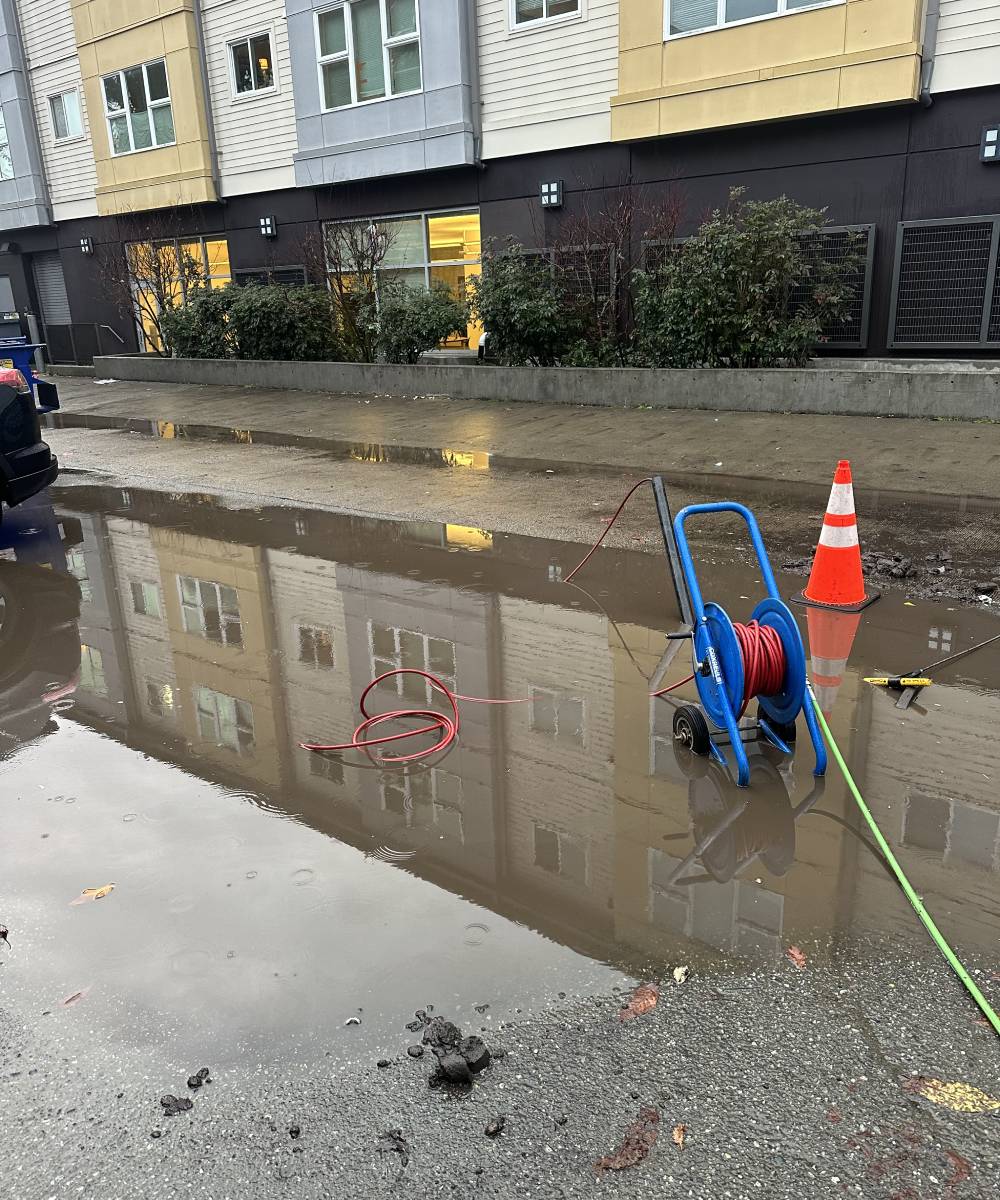
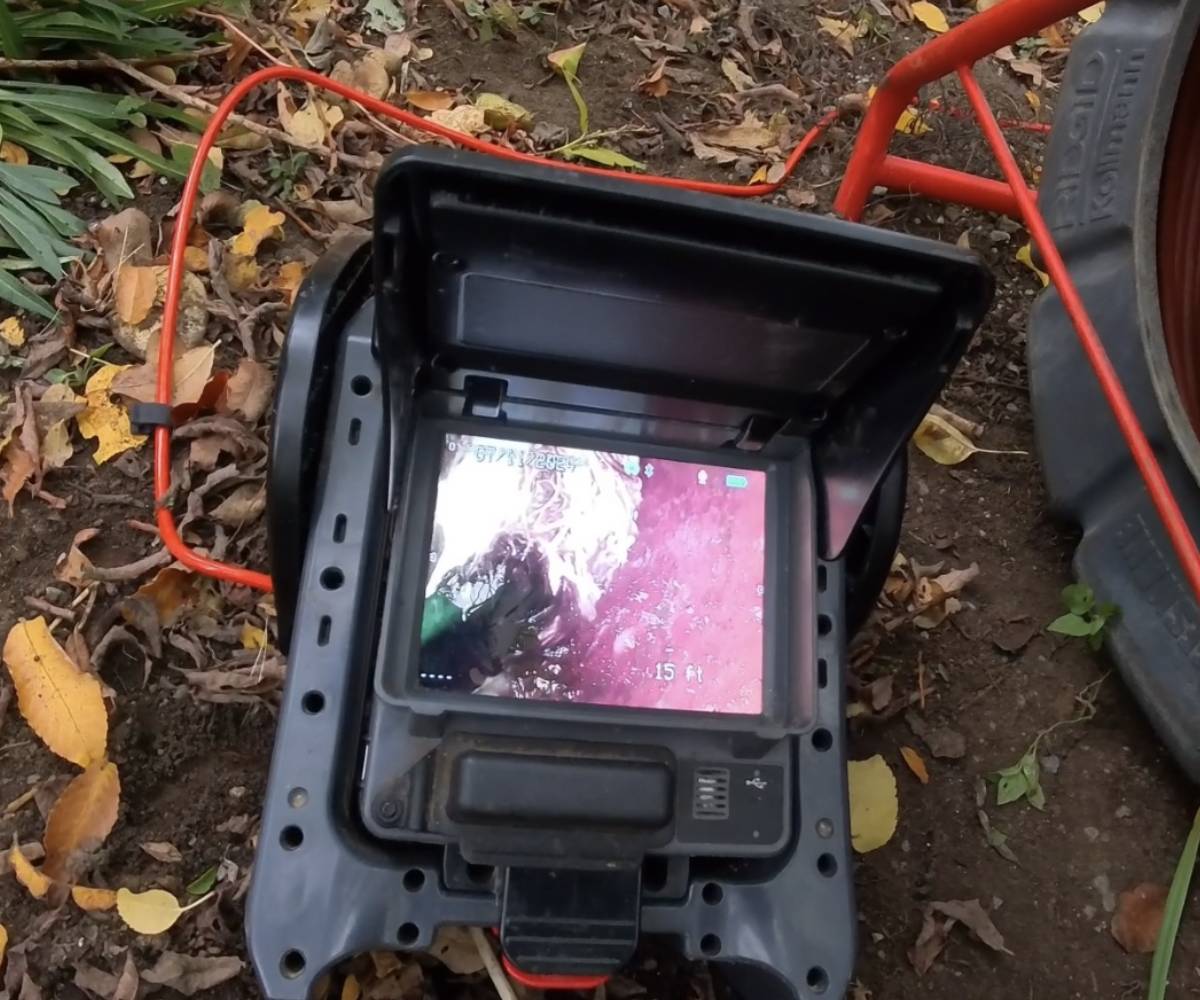
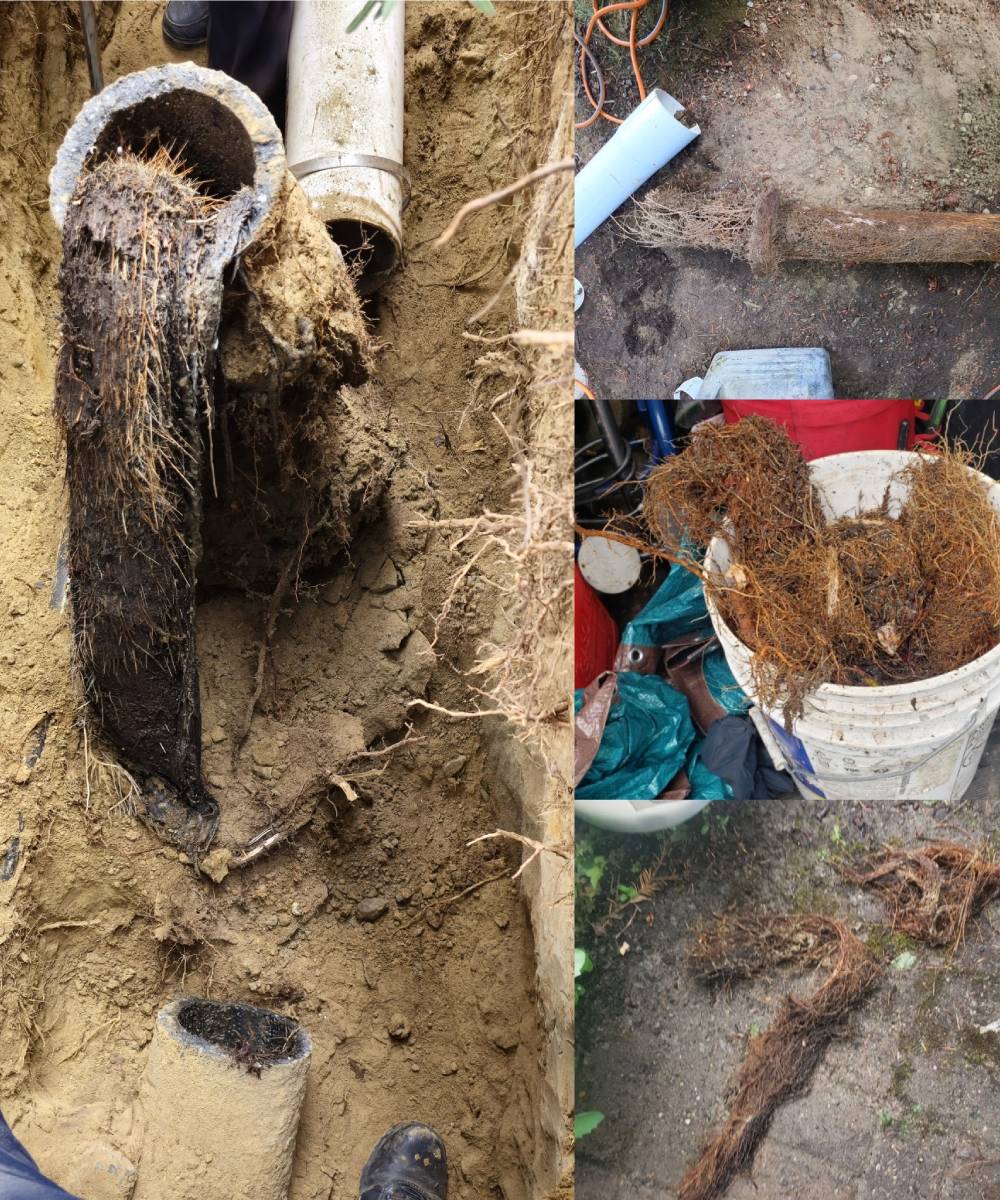
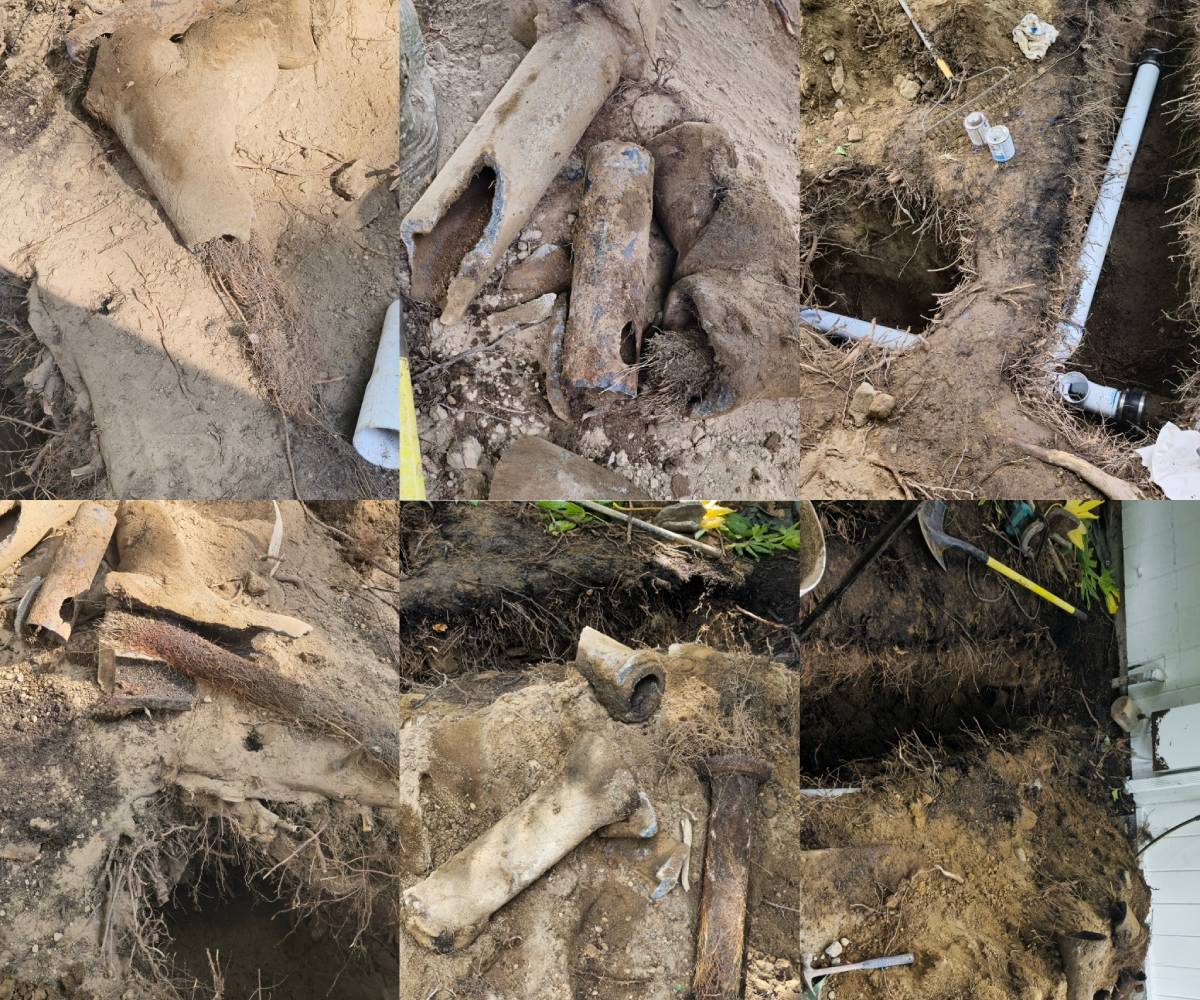
No comment yet, add your voice below!